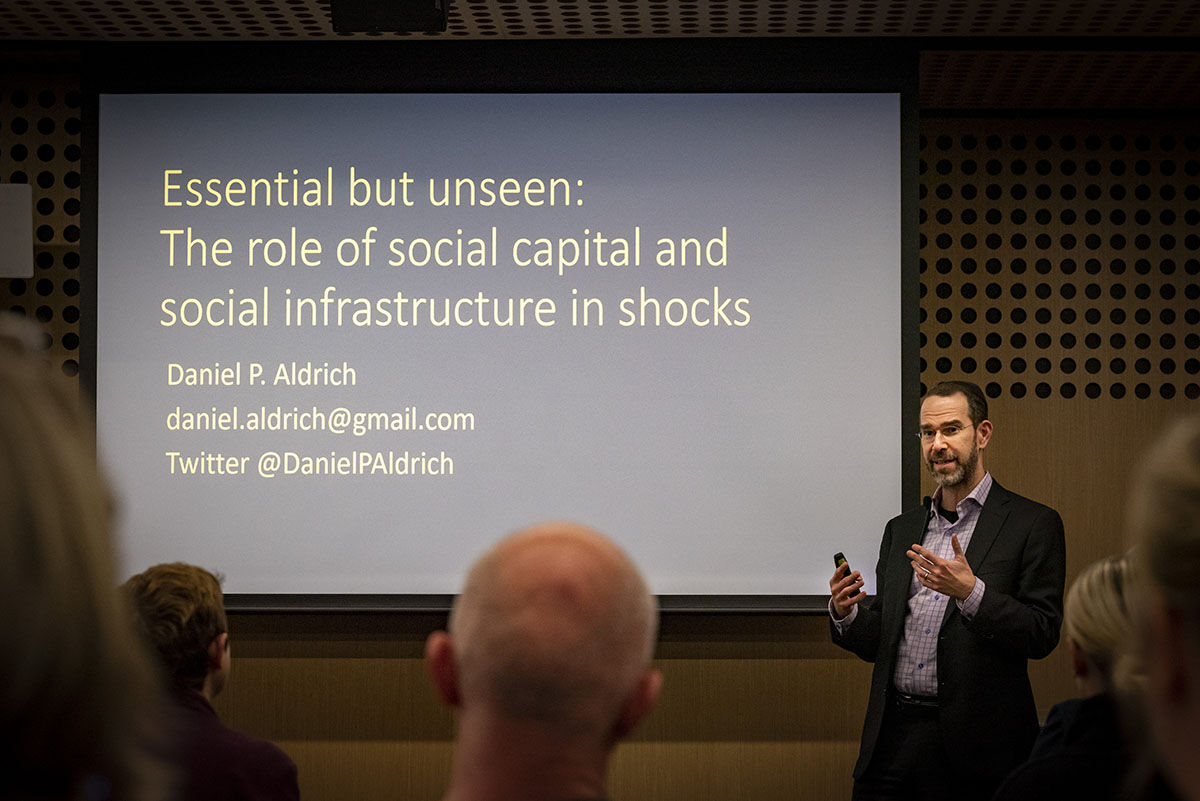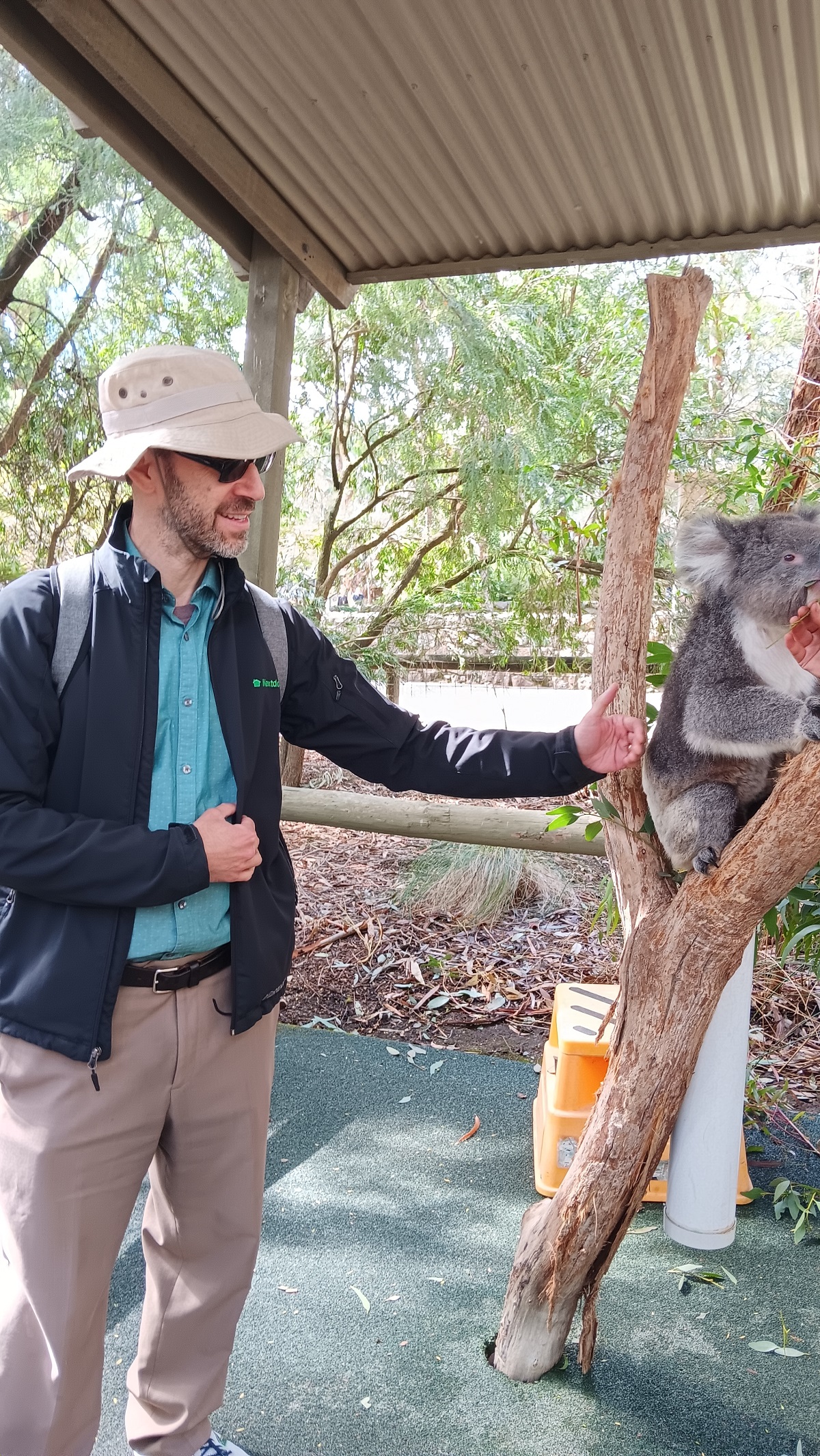
Fulbright Scholar Professor Daniel Aldrich has settled in at Flinders, and he shared with us how Hurricane Katrina changed the course of his life, along with lessons we can learn from the international community in times of trouble.
What is your role and what does your work focus on?
I am a Fulbright Professor at Flinders University working with Professor Don DeBats and Professor Paul Arbon on how societies build resilience to shocks and disasters. As a social scientist, I capture qualitative and quantitative data on how people’s connections to each other help them survive and thrive during tough times.
What journey brought you to this point in your career?
Until August 2005, I was in a completely different field – Japanese energy policy. Then, shortly after moving to New Orleans, Louisiana, our home – and the homes of 80% of the city – were destroyed when the levees failed after the intense rain of Hurricane Katrina. Going through a personal shock pushed me to pivot to a new field, mainly focused on how people survive and thrive during shocks.
What do you love most about your work?
I love the chance to learn from people around the world – Japan, Australia, Israel, Mexico and Mali, to name a few places – about how they have been able to get through tough times. I also really enjoy speaking with decision makers and elected officials to show them how powerful social ties are during shocks, and that they should be investing more in programs that boost our connections.
What would you like people to know about your role?
Social scientists regularly do interdisciplinary and intergenerational work, so my lab has high school students, undergraduates, graduates, faculty and postdocs working together to help make our societies more resilient. We work with public policy experts, political scientists, engineers, computer scientists and psychologists to make sure we tackle our challenges holistically.
What is something you are most proud of?
 I’m delighted that my family has been able to come with me for some of my time here and can experience Australia. I’ve tried to ensure that doing my job doesn’t mean that I’m cut off from those who matter most to me.
I’m delighted that my family has been able to come with me for some of my time here and can experience Australia. I’ve tried to ensure that doing my job doesn’t mean that I’m cut off from those who matter most to me.
What does a normal day look like for you?
Because I’m an observant Jew, I usually wake up pretty early, around 6am, and then pray, go for a run and a workout, and head to campus. We’re renting a place far away, so it’s an hour by bus to the Flinders campus. I’ll respond to graduate students or community members who have emailed me, will get some work done on ongoing research projects on social infrastructure. After lunch, I try to take a walk around campus, and then resume data collection, analysis, and write up until I catch a bus home. My family and I try very hard to do dinner together each evening. I’ll hang out with my kids, offer some advice on homework, and we might catch a TV show together before heading to bed.
How do you like to relax or spend your spare time?
I really enjoying walking and running in nature, and the Linear Reserve in Adelaide is a fantastic venue. I also like watching my kids’ performances, whether it be judo, ballet or kendo.

